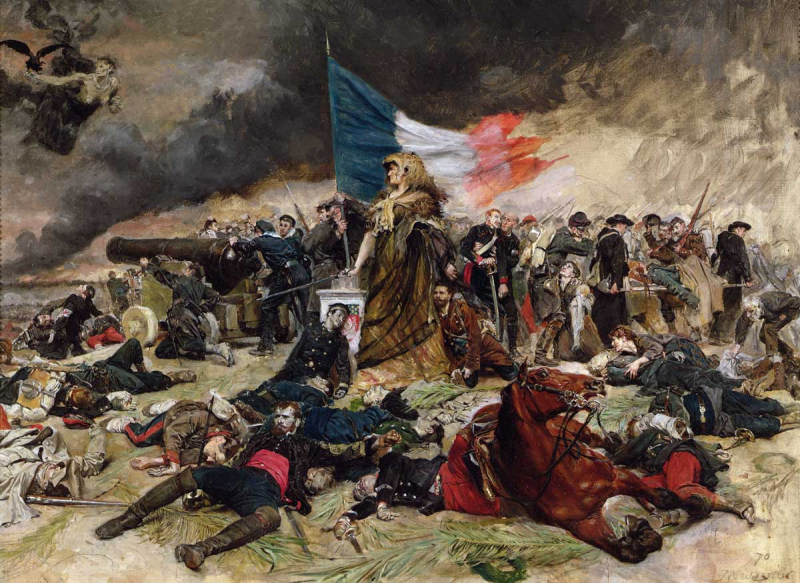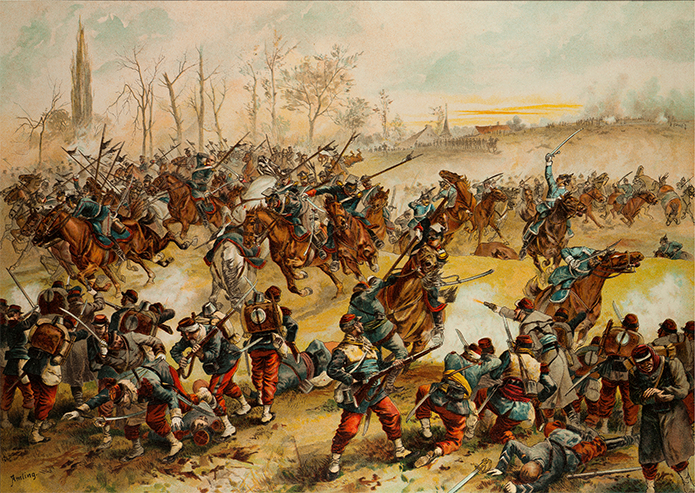Franco - German War and Annexation of Alsace and Lorraine

Top 2 in Top 10 Major Causes of World War I
The Franco-German War, often known as the Franco-Prussian War, took place in 1870–1871 between a coalition of German nations commanded by Prussia and France. France suffered a humiliating setback in the war, and its supremacy in Central Europe came to an end. It also signaled the birth of a unified Germany led by Prussia, with King William I of Prussia declared Emperor of Germany. As a result of the defeat, France was forced to accept the provisions of the Treaty of Frankfurt in 1871, which required it to pay five billion francs in gold in five years as a war indemnity. The loss of the resource-rich (iron ore and coal) and militarily strategic Alsace and Lorraine was even more painful.
The annexation of Alsace and Lorraine by Germany harmed French pride and sparked a desire for vengeance among the inhabitants. As a result, the French drive to reclaim Alsace-Lorraine and Germany's growing ambitions as a global force placed the two countries on the brink of war.











